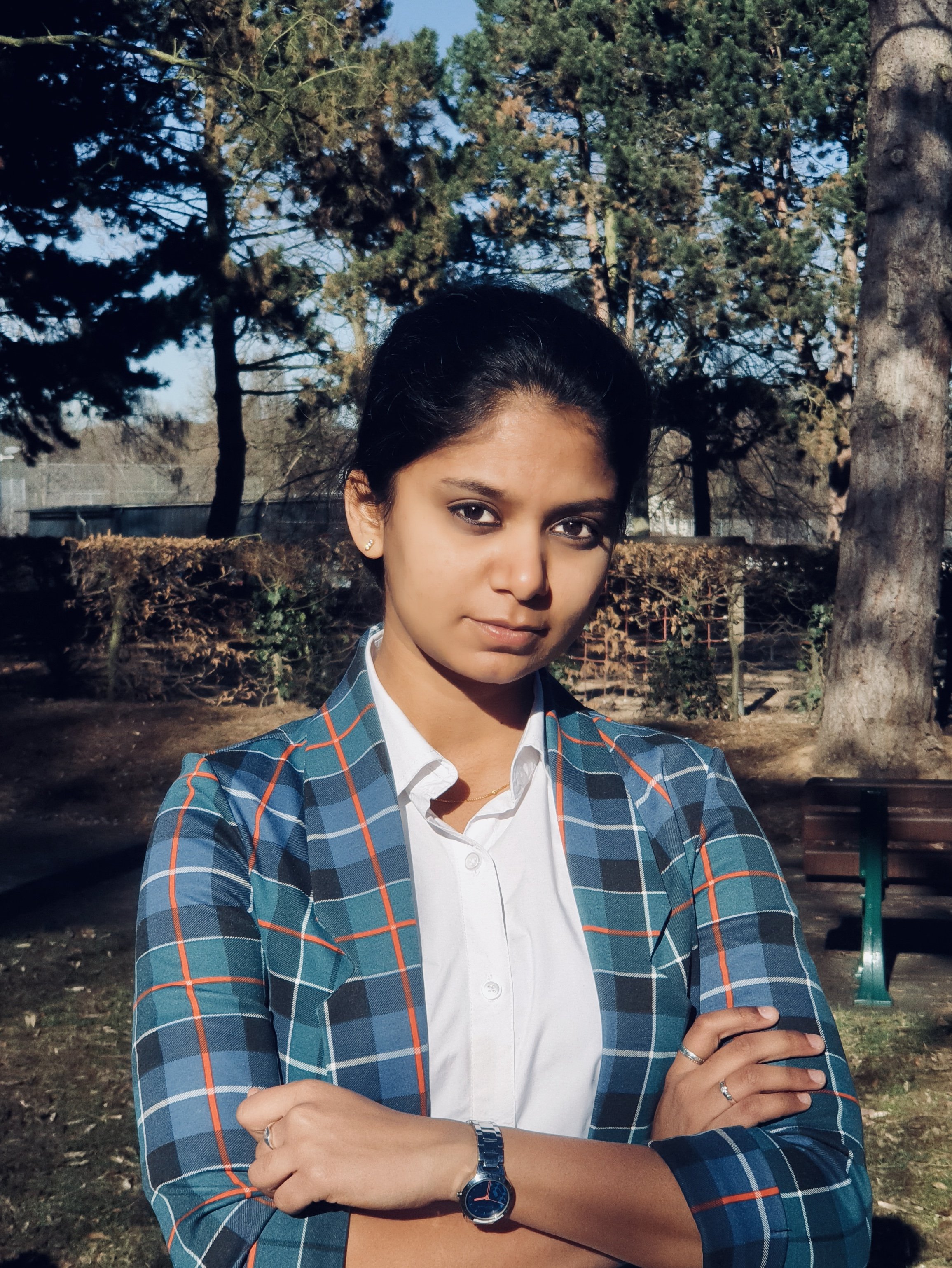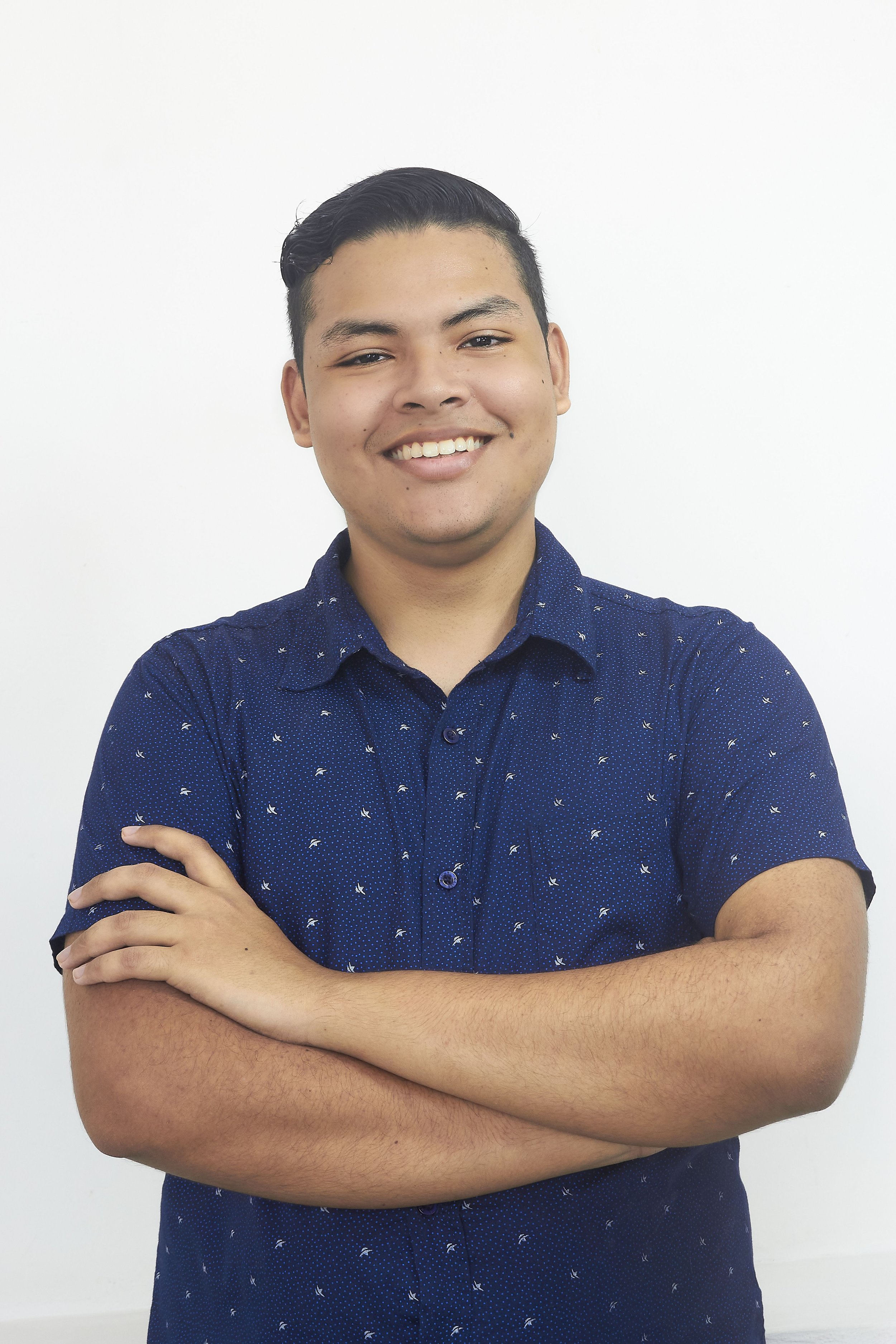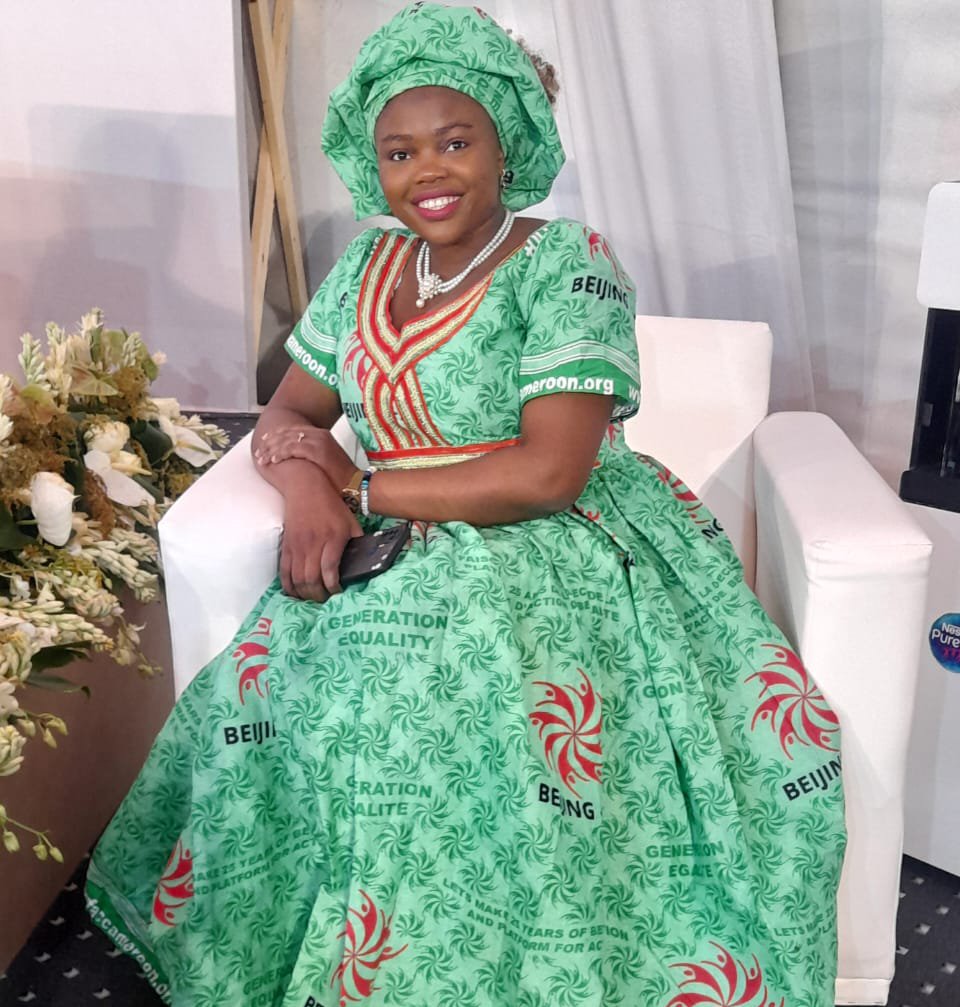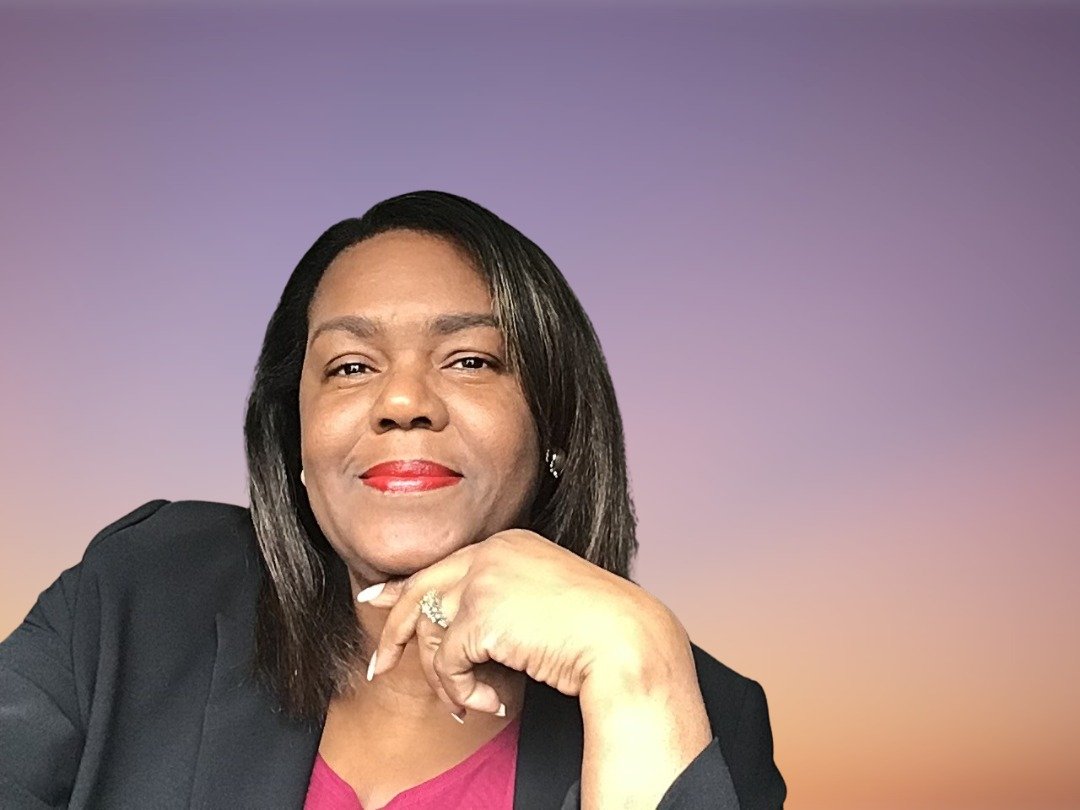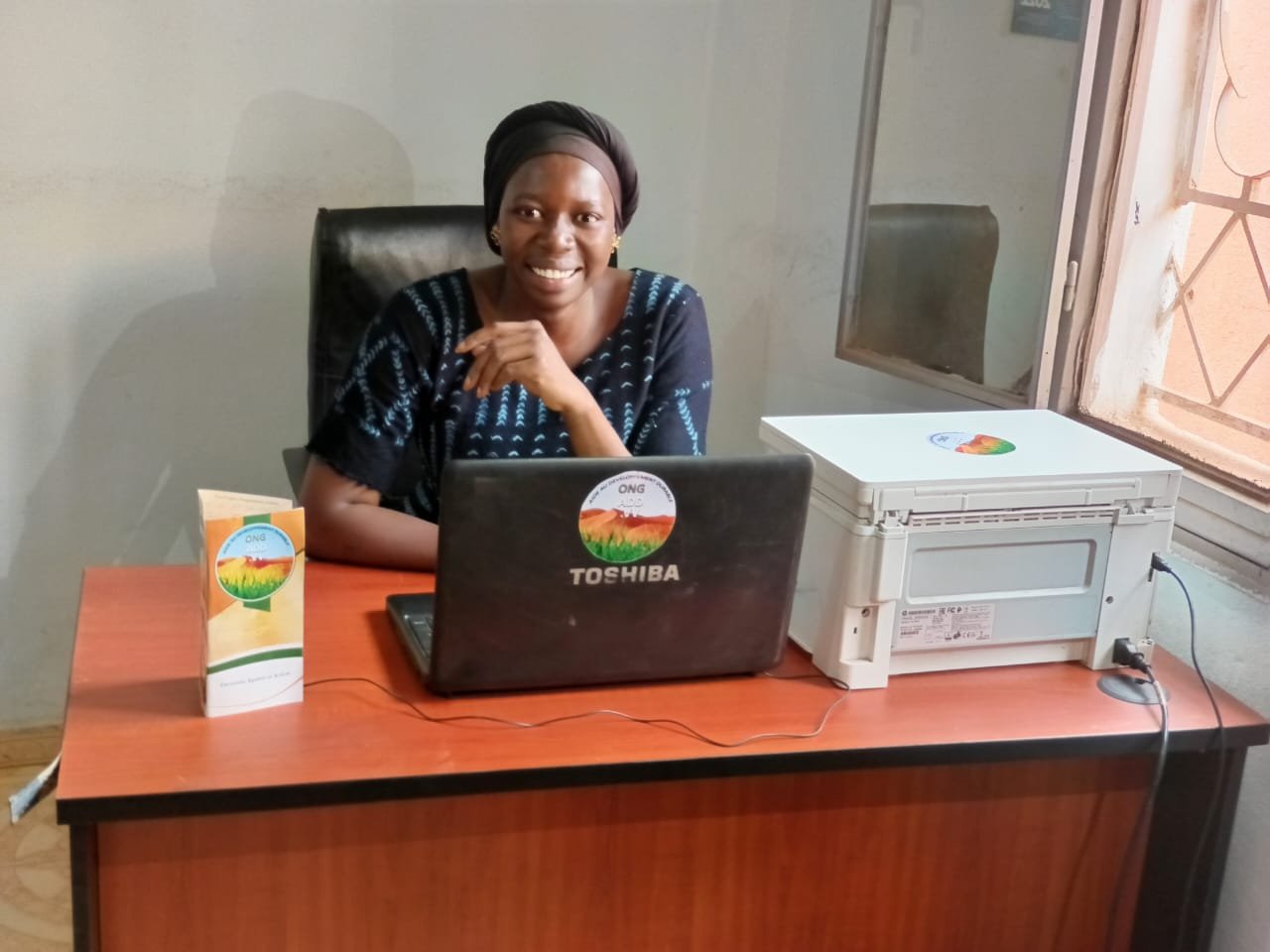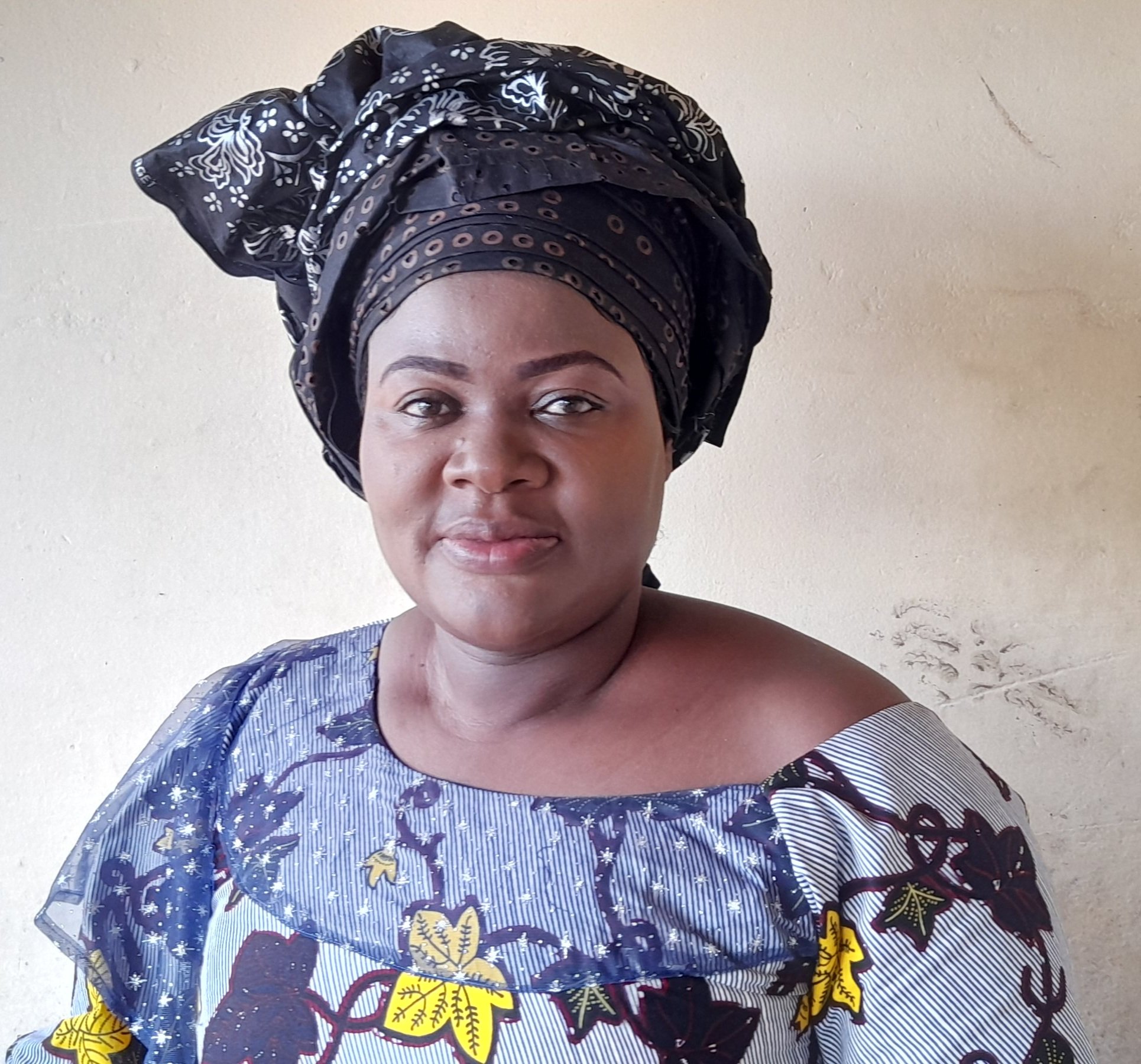2022
THE WOMEN HAVE WINGS AWARDS
Fernanda Vázquez Rojas
Mexico
Fernanda Vázquez Rojas studied International Relations at the National Autonomous University of Mexico (UNAM) with a specialty in Public Policy and Gender Justice from the Latin American Council of Social Sciences (CLACSO). She defines herself as a decolonial feminist and now works as an Advocacy Officer at Elige Red de Jóvenes por los Derechos Sexuales y Reproductivos, a Mexican organization that fights for the rights of young people where she has developed her advocacy skills at the national, regional and international level representing the organization in events like Regional Conference on Population and Development in Chile, the Forum of Latin American and Caribbean Countries in Costa Rica and the UNGEI feminist education coalition in New York.
Srruthi Lekha Raaja Elango
India
Srruthi Lekha Raaja Elango is a 22 year old Indian development human rights consultant and women's rights activist. She is the co-founder and director of Polity Link International, which is an organization working to promote human rights and women's rights through political education and international cooperation. In her leadership, several events, sessions and conferences on educating youth and their participation in the CSW have been accomplished. She has worked as the project leader and chief editor of the journal "Our Story" which was co-published by Frederiech Ebert Stiftung Germany and Polity Link International, which is a collection of stories of women around the world, including her own story of activism as a survivor of sexual abuse, who have been victims of abuse and discrimination and their fight against matters such as victim blaming, shaming, insult, violence, etc.
She has worked with the Women's Federation for World Peace International as its UN Representative to Geneva and the CSW. She served in the Bureau of the NGO CSW Geneva Committee as its secretary and is currently working as the youth focal point, facilitating the importance of youth in gender equality. She has worked with UN Women Germany as the founder and leader of the first ever volunteer body of UN Women Germany, composed of students and youth for gender equality. Part of this was also her leadership in hosting the first ever Youth UN Women Germany conference.
She is a major of international relations and currently pursuing her masters at the UN University for Peace in Development studies and Diplomacy. She has also served as the Moderator of the panel on the importance of good governance in the UN Human Rights Council Social Forum 2021 in Geneva. She also serves in the group of friends to the UN Social Forum. She has in the past worked for UN OHCHR as an intern and currently with.
Carlos Infante
Venezuela
Carlos Infante is a Lawyer graduated from the University of Falcon, He is a Human Rights defender, Activist, founder and executive director of the Movimiento Creando Ciudadanos (MOCRECI) an NGO that aims to give to everyone interested a free and high-quality formation in human rights, equality, justice, good governance, transparency, democracy, and justice. Infante is also the Founder and president of Generation Change International Partnership Platform (GCIPP) a platform created to support and help local activist from across the globe to empower their work in human rights and gender equality. He is the coauthor of the book “Glosario de Justicia Internacional Penal” (Glossary of International Criminal Justice). Infante is 25 years old and passionate about the world of activism, human rights, gender equality, democracy, government transparency, equality, justice, and education. Infante is a volunteer, ally, and collaborator in various non-governmental organizations and foundations.
Jose Alberto Chanona
Mexico
Jose Alberto Hernández Chanona
2014 was an eye-opening year to me. As a male student at the largest university in Latin America, I realized how inequalities showed up at multiple levels, but the one that was more evident to me every day was gender inequality. At that time, there was also a massive increase of gender violence in the country, hence inside the campus. I couldn't stand this situation, so I questioned myself, what can I do? What is my role as a young man to fight against gender violence and gender inequalities? I took gender courses and I started to discuss this topic with my colleagues and teachers. Once I got involved, I decided that I would never take off the gender glasses.
I heard about the UN Women HeForShe campaign and I became one of the first males in Mexico to sign up. Then, I decided that the National Autonomous University of Mexico (UNAM) should take part in this campaign. A few months later I found myself sitting at the UN Women Mexico Office (still as a student) creating a strategy with the UN staff to bring the HeForShe movement to UNAM. We made it to sign the official commitment between UNAM authorities and UN Women and until 2019, I represented more than 125,000 students and 11,000 academics from UNAM as a gender equality ambassador for the HeForShe movement in national and international spaces.
During this time, me and my team were able to speak face-to-face with the students about the main challenges that we had in the campus regarding gender equality, and later we supported the creation and launch of the first official University Protocol for the Attention of Gender-based Violence Cases. I started a masculinities workshops series at several universities and I was able to train dozens of students to start their own HeForShe chapters in their faculties.
After being a gender speaker and facilitator in multiple forums, in 2019 I organized with my team the first HeForShe International Leaders Conference, in which young leaders from around the world gathered in Mexico City to discuss about our role in the most pressing challenges for gender equality, and along with other 2 HeForShe leaders from Jordan and France, we launched the International HeForShe Council, a network to connect and share our experiences with other young people leading gender movements in their communities.
Currently, I still support the HeForShe work as an advocate, advising new generations at universities and facilitating discussions and workshops when possible, while working for a non-profit supporting the work in Latin America in the criminal justice system, in which we mainly focus on gender-based violence in the region.
With every action that I have taken towards gender equality, I have been able to reflect on my actual role in this conversation, and in this fight. I am aware of my position as a male, and I acknowledge that this is not about me, however, I know that I have a big responsibility to contribute to the solution, as we, men, have historically been a main part of the issue.
Njili Ireline Mercy Mbinoh
Cameroon
Njili Ireline Mercy Mbinoh is a Second-year student of Bachelor of Commerce Hons with ACCA at GITAM University, Bengaluru India. She has over three years of experience with the importance of education for a girl child, adolescent leadership, and child and forced marriage which she was a victim of. Mercy was given out to marriage at the age of 14 and after one year of being in an abusive marriage she was later saved by an NGO called Women for a charge Cameroon (Wfac). She is a GCE Ordinary and Advanced level holder. She has a certificate in menstrual hygiene management training of Trainers, she is also computer literate. She is skilled in Mobilization, advocacy, Communication, and Accountability. Mercy is a committee member of Mifali, an adolescent-led movement in Cameroon. She is passionate about; Music, politics, and humanitarian activity. Since she ended her child marriage, she has always dreamt of putting an end to child marriage and continue to educate girls about their importance, and the disadvantages of getting into early marriage. Over the past 7 years, Mercy has helped over 20 young girls that were suffering from depression after early childhood marriage, she has also helped approximately 15 girls that are suffering from poor self-esteem and thought that they can be nothing in building their self-esteem and encourage them to believe in themselves. She has organized numerous programs with support from Mifali and Wfac that were intended to educate girls on their values and their impact on the universe. She has also coached women, girls of her age and below about their contribution in the shaping and structuring of their own future. On the 20th of December 2020, Mercy carried out a campaign in her secondary school students that was titled “GENERATIONAL EQUALITY”.
In addition, Mercy has mobilized some girls from local communities and educated them on gender inequality which is a common practice in Africa. In many regions in Africa, precisely Cameroon, Girls are either sent into early marriage or they are sent in the street to sell while their brothers are in school. With this being a major problem faced by girls, Mercy has been able to build the intellect of some girls in her communities with the support from Mifali and coaching from Wfac. With such assistance those girls are now using the knowledge to also educate not only girls but boys, and parents.
For this cost (putting an end to gender inequality) Mifali in collaboration with Wfac, have organized workshops and seminars with the intent of providing girls with the knowledge needed in making and helping them build their self-confidence which is a pallor to their personal growth. In addition to providing knowledge on how young girls can build their self-esteem, Mifali has hosted an in-person and virtual workshop that focuses on menstrual hygiene management. This program hosted 24 persons from various regions, and also empowered the participants in order for them to carry the message of good menstrual hygiene across especially in rural areas.
Furthermore, from Aug 10-13 2022, Mifali organized a workshop focusing on advocacy, communication, gender base violence, sexual reproductive health and right (SRHR), and adolescents’ responses to climate change. At this event, there were three key speakers, Victory Nswila from Zambia, FOHOU Hilux from Cameroon, and Eloge Nininhanzwe from Burundi.
In conclusion, Mercy is currently collaborating with other gender equality advocates in preaching the message across the African Continent in order to prevent the next generation from experiencing such inhuman acts.
Nathalie Eleonor Vilgrain
Haiti
Together with Régine Diègue, from the Movement for the Intégration and Emancipation of Disabled Women (MIEFH), Nathalie Vilgrain will carry a peer learning project consisting of field visits and exchanges to discuss improved support services for GBV survivors, develop MARIJÀN’s accessibility policy, and hold a joint campaign on women with disabilities’ inclusion. Both women were nominated by Women Have Wings in collaboration with the United Nations Women's Peace and Humanitarian Fund (WPHF).
Nathalie Eleonor Vilgrain has worked in Haiti and Canada with survivors of gender-based violence (GBV) and women dealing with mental health. She has expertise in fostering women's political representation and sex workers and LGBTQI communities’ rights. She is a founding member and the coordinator of MARIJÀN, a feminist organization run entirely by youth. Her work focuses on advocating for social justice through activism and building the capacity of grassroots organizations. Nathalie has participated in the development of MARIJÀN’s GBV programme which offers comprehensive care (medical, psychological, and legal) to GBV survivors as well as training and support, and the programme "Active Girl" which promotes the advancement of girls in sport. MARIJÀN was one of the first organizations to go to the site of the earthquake of August 14, 2021, to ensure that girls from the most vulnerable communities receive immediate help and information on sexual and reproductive health.
Régine Zephirin Diègue
Haiti
Régine Zephirin Diègue founded the Movement for the Integration and Emancipation of Disabled Women (MIEFH) in 2009. Living with a disability herself, Régine has been able to confront all the discrimination and barriers imposed on her by the society. She has always used her voice to stand for women, particularly those living with a disability. Régine is committed to the protection of gender equality and crisis response during natural disasters that increasingly impact the community of people with disabilities. Régine's commitment within the MIEFH to defend the rights and make women with disabilities’ voices heard has changed many women’s lives in the community of Cap-Haitien. Through promoting women with disability’s economic empowerment and income-generating activities Régine has supported dozens of them to become autonomous and regained their dignity.
Marie Roselore Aubourg
Haiti
Together with Myriam Narcisse from Haiti Adolescent Girls Network (HAGN), Marie Roselore Aubourg will develop a peer learning project consisting of trainings of HAGN’s members on provision of psychological and legal support to young girls and adolescents. In addition, HAGN will train MOFEDGA’s team on data collection, community resources’ mapping and data analysis to better adapt their programmes for youth. Both women were nominated by Women Have Wings in collaboration with the United Nations Women's Peace and Humanitarian Fund (WPHF).
Marie Roselore Aubourg is the general coordinator and founder of the Women's Movement for the Development of Grand-Anse (MOFEDGA). MOFEGA’s mission is to foster the socio-economic emancipation of women and girls and fight against gender-based violence (GBV). MOFEDGA brings together more than 100 women's organizations working to promote women and girls’ rights. Marie Roselore has supported women who saw their source of income disappear after the Hurricane Matthew in 2016. After the earthquake of August 14, 2021, Marie Roselore actively participated in distributing food and kits in various accommodation camps to pregnant women, young mothers, and disabled people and carried out an awareness campaign to prevent cases of sexual violence and GBV in the municipalities most affected by the earthquake. Marie Roselore has set up a radio station in Jérémie to inform and sensitize the population on gender-related topics.
Myriam Narcisse
Haiti
Myriam Narcisse has worked in the development sector in Haiti for over 20 years with a focus on adolescent girls, youth, and women. Since 2015, she has provided leadership for the Haiti Adolescent Girls Network (HAGN) which was created in the aftermath of the devastating 2010 earthquake. HAGN promotes the empowerment, health, and well-being of young people in Haiti through initiatives such as the Community Safe Spaces where girls aged between 10 and 24 years who are left behind (teenage dropouts, teenage mothers, adolescents with a disability) are informed on sexual and reproductive health, financial literacy, gender-based violence prevention and leadership. Through HAGN, Myriam contributes to strengthen girls and young women’s participation in advocacy at the national and international levels. Myriam is also volunteering with entities such as the feminist movement Fòs Feminista and the HeforShe initiative to promote positive masculinity.
Ellen Jemimah Paieke
Solomon Islands
Ellen Jemimah Paieke is a project manager at Matavale Women’s Association (MWA). Ellen has worked with a group of housewives in the Matavale suburb since 2010 which further became the MWA in 2013. MWA’s mission is to promote peace and gender equality in Solomon Islands. Following the high prices of local food in Honiara city’s market and the increasing consumption of junk imported food, Ellen took the initiative to encourage women in her suburb to plant fruits and vegetables. MWA is implementing food security projects and supporting women to produce crops that will be stored to face hunger during the critical weeks after cyclones. MWA also provides training to women in rural areas to run businesses whose profits are set aside to be used during disaster. MWA is also supporting local communities to set up their Community Disaster Committees to be informed of the weather conditions on a weekly basis.
Together with Donackly Bune from Santo Sunset Women’s Environment Network (SSWEN), Ellen Jemimah Paieke and MWA’s staff will visit Vanuatu’s communities and get firsthand information on SSWEN’s priority areas of intervention, such as women’s role in food security, engaging with communities, disaster preparedness and response. Both CSOs’ staff will exchange good practices in project implementation and financial management. Both women were nominated by Women Have Wings in collaboration with the United Nations Women's Peace and Humanitarian Fund (WPHF).
Donackly Bune
Vanuatu
Donackly Bune is a project manager at Santo Sunset Women’s Environment Network (SSWEN), which promotes gender equality and crisis response through an environment-focused gender empowerment programme. The women’s programme is premised in the goal of gender justice recognizing that women play critical roles in natural resources’ management. SSWEN, with the guidance of Donackly, has set up Community Disaster Climate Change Committees in many villages. The trainings and actions focus on disaster mitigation, preparedness, response, and recovery. SSWEN also assists women, including elderly women, young women, and women and girls with disabilities, to solve their differences peacefully and lay the foundations to prevent future violence. After the devastating impact of cyclone Harold, SSWEN has supported women to lead in houses’ reconstruction, replanting gardens, and finding ways to generate sustainable income.
Bintou Dolo
Mali
Together with Mafouné Cissé from the Alliance en Faveur des Droits de la Personne et de la Démocratie au Mali (AFDPM), Bintou Dolo will support her partner CSO in the development of a communications’ strategy. The CSOs’ staff will attend trainings on project management, gender in humanitarian and multimedia content’s development. The CSOs will also conduct advocacy and awareness raising actions in favor of the empowerment of displaced women who are survivors of gender-based violence in conflict-affected areas. Both women were nominated by Women Have Wings in collaboration with the United Nations Women's Peace and Humanitarian Fund (WPHF).
Bintou Dolo is a partnerships and communications’ officer in Aide au Développement Durable (ADD). She has led community dialogues for peacebuilding with a focus on gender equality and social cohesion. She has actively participated in the realization of youth dialogues forums on the battalions of the army’s reconstitution in the Kidal region which had been set up by the Algiers’ Agreement of 2015. Given her experience in lobbying for security, justice, and inclusion, in 2022, Bintou collaborated with Amnesty International to document and report human rights’ violations in the area of the three borders (Mali, Niger and Burkina Faso). Bintou is committed to different entities such as the assistance programme for victims of the crisis in conflict zones in Mali, financed by the Trust Fund for Victims where she is assigned as a gender focal point. She is also volunteering for the Sacred Hut Association (la Case sacrée), a youth Dogon organization promoting peace.
Mafouné Cissé
Mali
Mafouné Cissé has a Master's degree in private law. After volunteering in the Alliance en Faveur des Droits de la Personne et de la Démocratie au Mali (AFDPM), Mafounè became the CSO’s advocacy and gender officer. Mafouné specializes in the protection of women and girls' rights through advocating at local and national level for the implementation of women’s civil rights’ legislation. Through her post in the AFDPM, she supports women in developing action plans for peacebuilding. Mafouné is also fighting for women’s involvement in the electoral process and decision making through training women-led organizations in the Tombouctou region on the implementation of the law 052 which aims to promote gender equality in access to nominative and elective functions. She has been a member of the network of young women civil society leaders since 2014 an isd currently the secretary for external relations of the network’s executive office.
Moussokoro Coulibaly
Mali
Together with Marie-Félicité N'daya from Fondation Femmes Plus (FFP), Moussokoro Coulibaly will develop online knowledge exchanges and trainings to share experiences and approaches in project management, monitoring and evaluation, leadership, and women’s participation in peace and security. Several members of the CSOs’ staff from different regions of DRC and Mali will take part in these online capacity building activities and the joint development of action plans for future collaboration. Both women were nominated by Women Have Wings in collaboration with the United Nations Women's Peace and Humanitarian Fund (WPHF).
Sidibé Moussokoro Coulibaly is an entrepreneur and the president of the Network of Women Economic Operators (RFOE, Réseau des femmes opératrices économiques du Mali). Moussokoro is committed to promote women’s rights through grouping women in her neighborhood into an association of agricultural products’ processors. In 2005, she became treasurer of the National Council of Employers of Mali in the region of Ségou. Later, in 2020, she became vice-president of the Chamber of Commerce and Industry of Ségou. She is specialized in training in the field of women’s entrepreneurship, including women affected by the security crisis. As part of fight for the inclusion of women in decision-making bodies in the Ségou region, Moussokoro has participated in several national meetings and projects with GIZ, PADRE, etc. to advocate for women’s capacity building and economic empowerment.
Marie-Félicité N’daya
DRC
Marie-Félicité N’daya is a public health expert and the director of the Fondation Femme Plus (FFP) in the province of Kasaï Central since 2007. She is specialized in training in female leadership, empowerment, and conflict management by women, including in several universities. Marie-Félicité is Head of the mentoring and initiation programme at the National Committee of Women Entrepreneurs. She supported several women’s structures to write their business plans and obtain funds from banks for the development of micro-enterprises. Through her agri-food company, Marie-Félicité is employing young people. She is also committed to advocate for women's participation in decision-making bodies, including peace committees and traditional conflict mediation mechanisms. With other women leaders, she encouraged the customary chiefs to take an act of commitment to facilitate the reintegration of women victims of conflict-related sexual violence and GBV in their communities.


